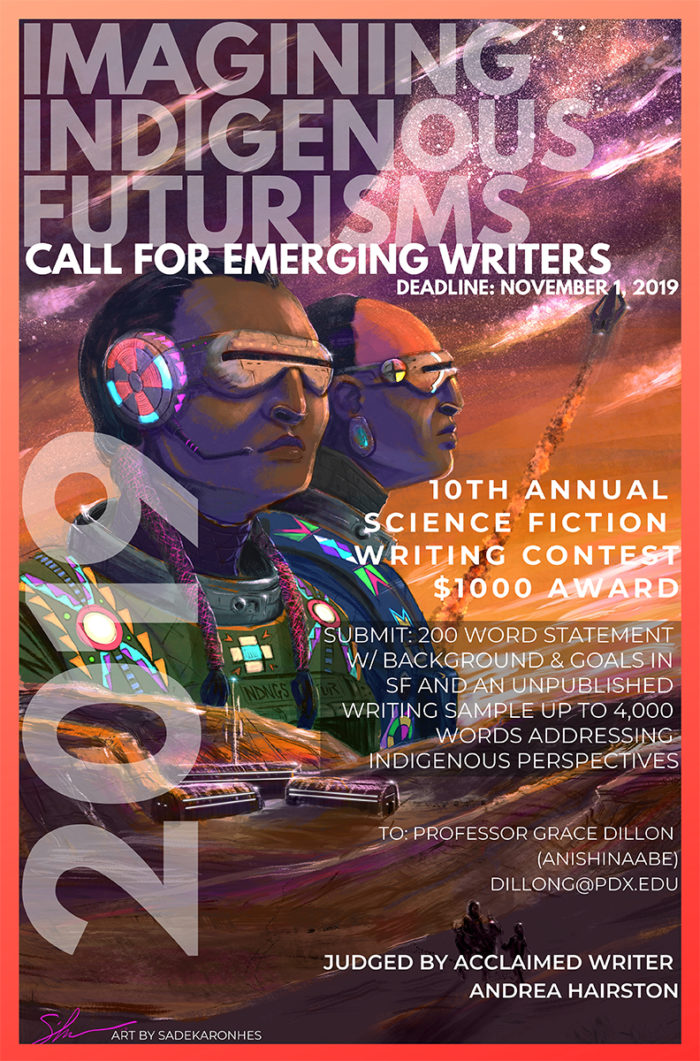Threshold, Boundary, and Crossover in Fantasy
Organised by the University of York Fantasy Discussion Group
To be held in York 12th-13th March 2020
Keynote speakers: Professor George P. Landow (Emeritus Professor, Brown) and Dr. Rob Maslen (University of Glasgow)
‘There was nothing Lucy liked so much as the smell and feel of fur. She immediately stepped into the wardrobe and got in among the coats and rubbed her face against them, leaving the door open, of course, because she knew that it is very foolish to shut oneself into any wardrobe. Soon she went further in and found that there was a second row of coats hanging up behind the first one. It was almost quite dark in there and she kept her arms stretched out in front of her so as not to bump her face into the back of the wardrobe. She took a step further in – then two or three steps – always expecting to feel woodwork against the tips of her fingers. But she could not feel it.’ – C.S. Lewis, The Lion, the Witch and the Wardrobe, first published in 1950.
We invite proposals for 20-minute papers on the subject of ‘threshold, boundary, and crossover’ in fantasy. Creative interpretation of the theme is encouraged, and particular precedence will be given to papers looking at interdisciplinarity in fantasy studies. We wish to push the limits of how we interpret and understand fantasy as a categorical term, interrogating the idea put forward by art historian Walter Schurian that ‘the fantastic can also be found in other fields of art, such as literature, architecture, music and film; fantastical tendencies and currents can even be observed in the natural sciences, for example in the form of unusual, chance opinions and theories.’ As such, we welcome papers from scholars working in any field or discipline. Some thematic prompts include, but are not limited to:
Interdisciplinarity
Intertextuality
Juxtaposition, comparison, overlap
Cross-media studies
Synthesis
Hybridity
The monstrous
Cross-cultural exchange
International exchange
National fantasies
Gender, Sexuality
The body
Selfhood, self and other
The alien
Interethnic relationships
Race
Tribalism
Schools of thought
Systems
Children/ YA/ Adult
Journey, pilgrimage, passage
Dimensions
Time and space
Ancient/ Medieval/ Modern/ Contemoprary
Between worlds
Frames, framing devices and literal thresholds
Hermeticism
Retellings
Portals and transportation
Genre, categorisation, classification
Ideas of here and there
The real and unreal
Fin-de-siècle
Youth and age
Fantasy and science fiction
To submit a proposal, please send (in one document) a biography of c. 100 words and a paper abstract of no more than 400 words to fantasythreshold2020@gmail.com by September 13th 2019. Queries can be directed to this email address also.
N.B. We also welcome and encourage non-traditional forms of participation and presentation, i.e. performances, cosplay, lightning presentations (1 slide & 5 minutes), speed panels, poster discussions, and other. For non-traditional presentations, please outline your delivery proposal when submitting.
